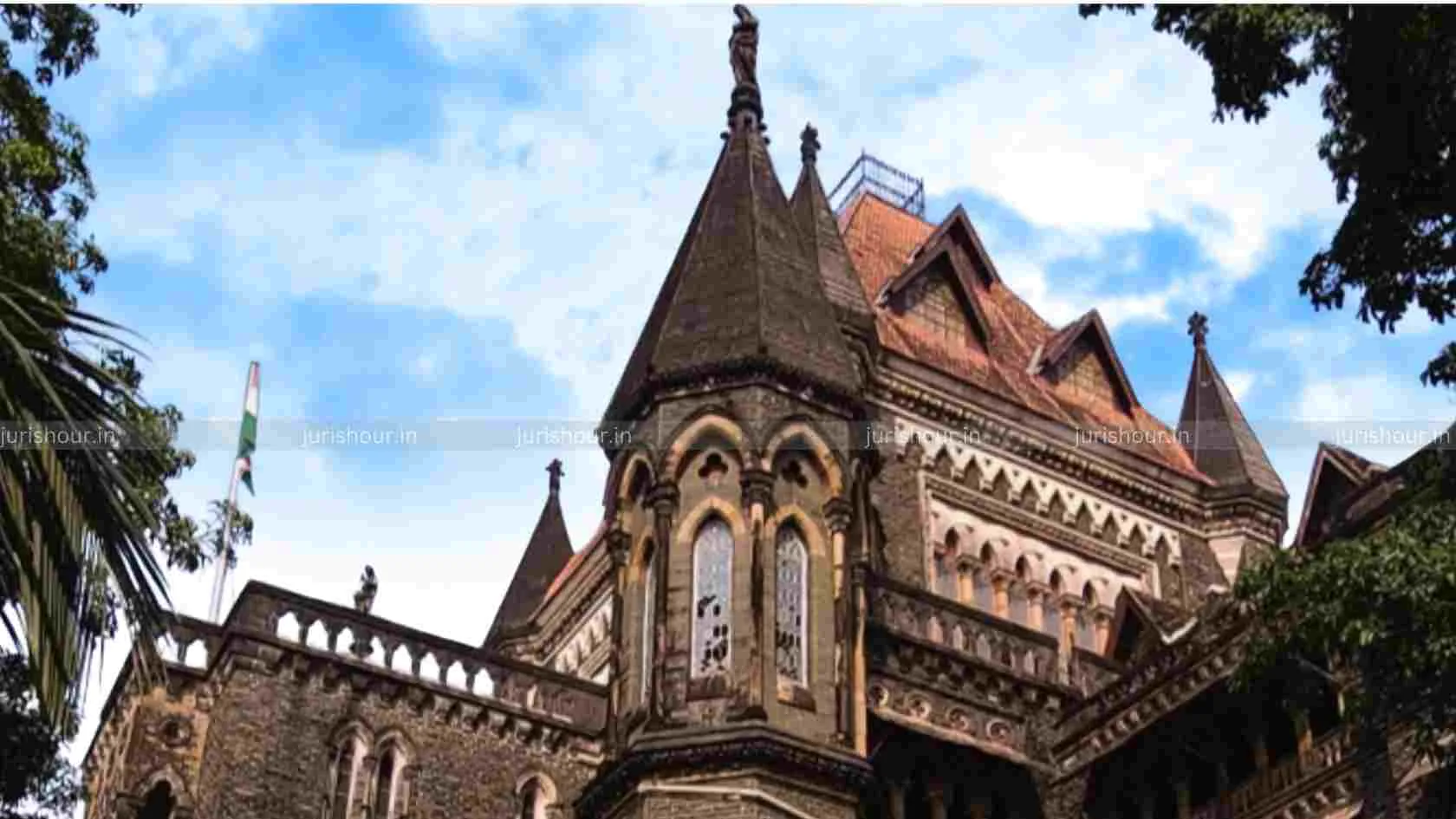The Bombay High Court has set aside the Income Tax Appellate Tribunal’s (ITAT) rectification order that had reversed a deduction previously granted in relation to delayed employee EPF and ESI payments.
The bench of Justice B. P. Colabawalla and Justice Firdosh P. Pooniwalla observed that the ITAT had committed a legal error by reopening its final decision based solely on a later Supreme Court judgment in Checkmate Services Pvt. Ltd. v. CIT. That ruling—delivered after the Tribunal’s original order—cannot be treated as an “error apparent from the record,” the judges ruled.
The bench stated that a subsequent Supreme Court judgment cannot be used as a ground to invoke rectification powers under Section 254(2) of the Income Tax Act, 1961.
The petitioner/assessee, Prakash D. Koli had claimed deduction under Section 36(1)(va) for employee contributions to EPF and ESI that were deposited after the due dates under the respective statutes but before the due date for filing income tax returns. The Assessing Officer initially disallowed the claim, and the Commissioner of Income Tax (Appeals) upheld the decision. However, the ITAT, in an order dated June 22, 2022, allowed the deduction, relying on the Himachal Pradesh High Court’s ruling in CIT v. Nipso Polyfabriks Ltd.
Subsequently, on October 12, 2022, the Supreme Court in Checkmate Services overruled Nipso Polyfabriks, holding that deductions are allowable only if contributions are made within the statutory due dates, not merely by the return filing deadline. Following this, the Revenue filed a rectification application, leading the ITAT to reverse its earlier order.
The High Court found that since the Tribunal’s original order was consistent with the law as it stood at the time, it could not be termed erroneous or mistaken. “A subsequent ruling of the Hon’ble Supreme Court cannot be a ground for invoking the provisions of Section 254(2),” the Court emphasized.
Referring to its earlier ruling in Infantry Security and Facilities v. ITO, and the decision of the ITAT in ANI Integrated Services Ltd., the bench underscored that rectification is permitted only for errors apparent from the record—not for correcting orders based on later legal developments.
“Such decision of the Supreme Court which never existed when the Tribunal passed the original order could never have been applied by the Tribunal, and hence it cannot be said that there was any mistake on the face of the record,” the Court concluded.
The High Court quashed both the rectification order dated August 4, 2023, and the consequential order dated October 26, 2023, thereby restoring the ITAT’s original ruling in favour of the taxpayer.
While disposing of the petition, the Court clarified that the department is still entitled to challenge the original ITAT order before the High Court under Section 260A of the Income Tax Act, should it choose to do so.
Case Details
Case Title: Prakash D. Koli Versus ITAT
Case No.: Writ Petition No.10075 Of 2024
Date: July 08, 2025
Counsel For Petitioner: Adv. Sanket S. Bora with Ms. Vidhi Punmiya, Mr. Amiya R. Das and Ms. Unnatii Thakkar
Counsel For Respondent: Adv. Arjun Gupta
Read More: Bombay High Court Directs Processing of Duty Drawback Claims After Revocation of ICEGATE Alert

